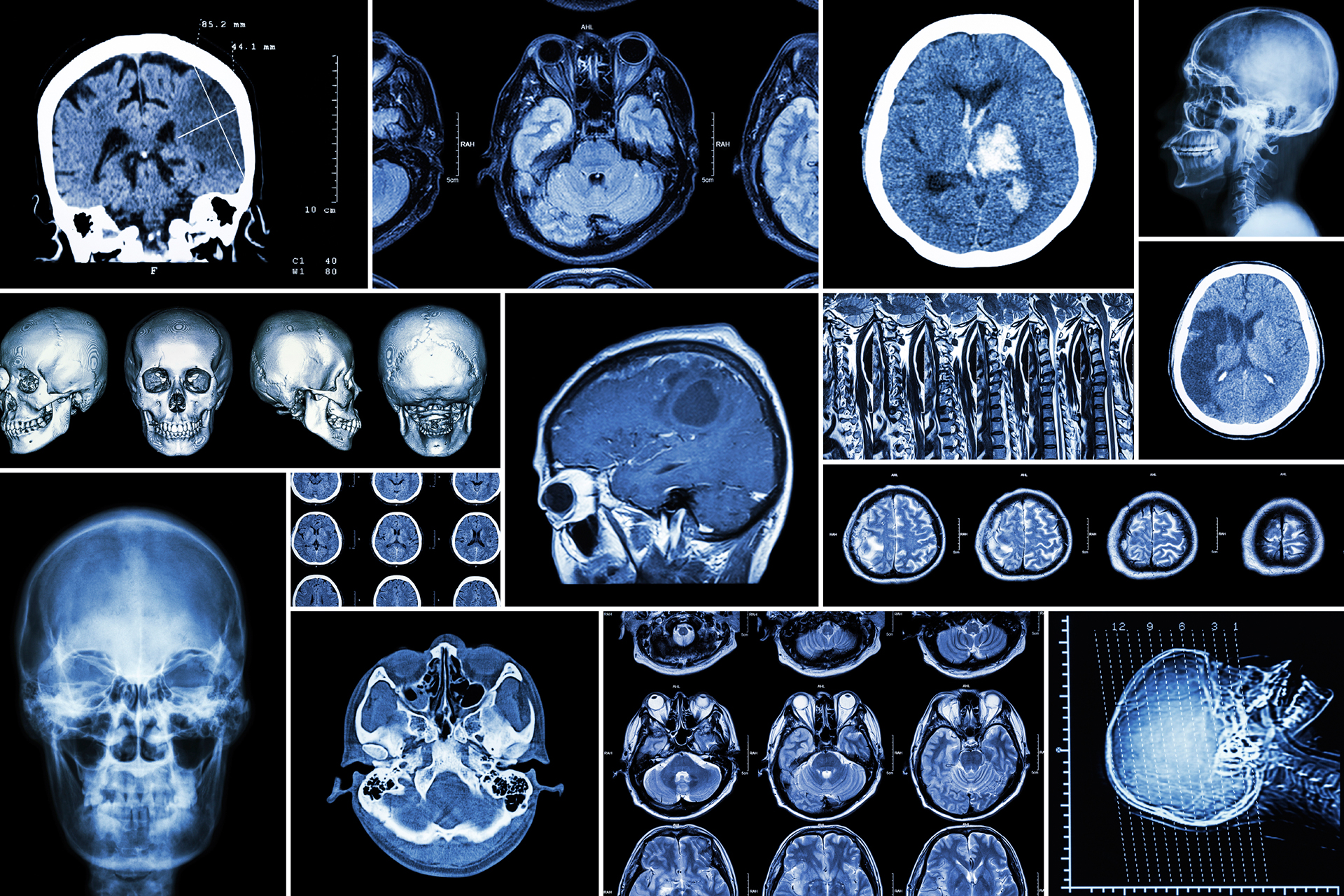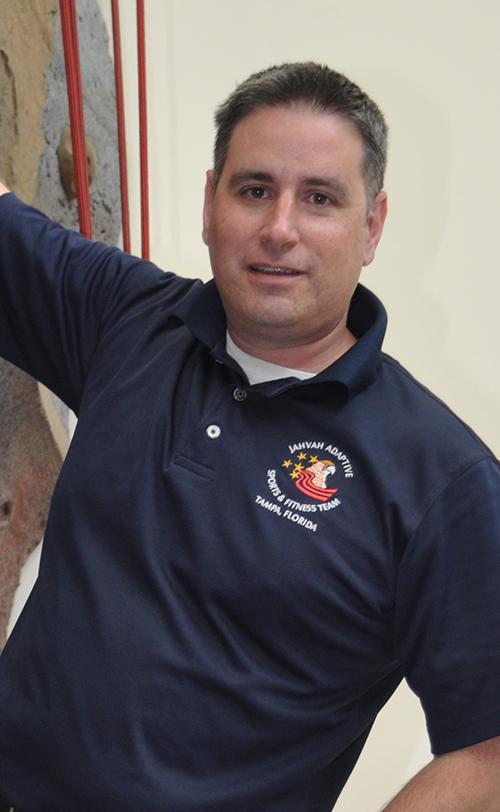

Online program fits busy lifestyle
BGSU eCampus graduate works with traumatic brain injury patients
By Amy West
Jamie Kaplan is a man of many titles.
Certified therapeutic recreation specialist. Assistive technology professional. Certified brain injury specialist. Scuba certified. Kayak instructor certified. Sailing certified. Adaptive golf instructor certified. Belay certified. Archery instructor. Shooting Instructor.
Now Kaplan can add another one behind his name: BGSU graduate of the Master of Special Education Assistive Technology online program.
Kaplan is a recreational therapist at the James A. Haley Veterans' Hospital in Tampa, Fla., where he works with patients with a primary diagnosis of traumatic brain injury along with a secondary injury. Kaplan has a very demanding schedule working at one of only six polytrauma centers in the country within the Veterans Affairs system.
He has an undergraduate degree in therapeutic recreation from the University of Florida and graduated May 7 through one BGSU’s eCampus programs earning his degree completely online.
Kaplan needed a program that was able to fit his busy lifestyle.
Kaplan will continue working at Haley now that he has a master’s degree from BGSU. His patients are very diverse with a wide range of skills. Some patients aren’t able to bathe, clothe or feed themselves. Patients at the other end of the spectrum are mildly forgetful. The injuries stem from military accidents, gunshot wounds, car accidents and strokes.
Patients with traumatic brain injuries typically face memory issues, safety and awareness challenges, impulsive tendencies — both verbal and physical — anger issues, emotional issues and the inability to filter behavior.
“I looked at many different programs at various universities and BGSU’s eCampus was exactly what I was searching for. The courses are 100 percent online and meshed with my busy work and family schedules. I was able to work on the coursework independently but also received personalized service from eCampus staff and had access to extremely responsive faculty members.”
“My days are very different,” he said. “One day might include a group simulation using aromatherapy. Another day I might be teaching kayaking in a pool. Some days my patients work on stained glass or leather projects. Another day might include attending a ballgame in the community or a special event. We cook, we bake, we swim — there isn’t an activity we haven’t tried.
“I need to find the interests of my patients and utilize those interests for the best therapy results. It is called ‘sneaky therapy’ because patients do not realize they are participating in therapeutic exercises.”
For example, playing bingo is fun for many patients, and Kaplan can incorporate fun into the therapy. With bingo, patients are learning to follow directions, recognize numbers and exercise memory skills, Kaplan said.
The goal is for patients to be able to function in their own environment and to eventually return home. Kaplan said the simple act of brushing your teeth, if you think of it in steps, actually involves at least 25 actions. Traumatic brain injury patients often have the attention span to handle two to three steps at a time, so even menial tasks can be a hindrance for the patients Kaplan works with.
In addition to working with patients, Kaplan also spends time educating families. Family members often need to be trained in catheter care, wheelchair safety and be reminded of simple things such as using bug spray and sunscreen on patients.
“Dealing with unrealistic expectations from the patients’ families is often very challenging,” he said. “The patients I work with generally reach a plateau. Families often expect their loved ones to return to normal, and it can be difficult for family members to accept a new normal.”
Kaplan also is using 3D printing to help patients design their own assistive devices. A 3D printer was donated to the hospital and Kaplan has made wrist splints, a thigh cup for a prosthetic leg, adaptive gaming equipment for a quadriplegic, adaptive fishing reels and adaptive kayak grips.
The patient helps with the design, Kaplan develops a prototype, the item is printed and then adapted and reprinted as necessary. Technology is an incredible asset to Kaplan and helps make a very difficult job a little bit easier.
“I love working with my patients and helping them live their life to the fullest,” he said. “Every day I am a recreational therapist, but some days I am also a cheerleader, coach, instructor, teacher and motivational speaker. Each day is different, each patient is different and I am humbled by what I have learned through my work at the VA hospital. I didn’t serve in the military, but I see my work as a service to my country.”
Learn more about eCampus online programs at bgsu.edu/ecampus.
Updated: 09/06/2023 02:18PM

